Critical Essays Archive
States of Refusal in How to Do Nothing and Housekeeping
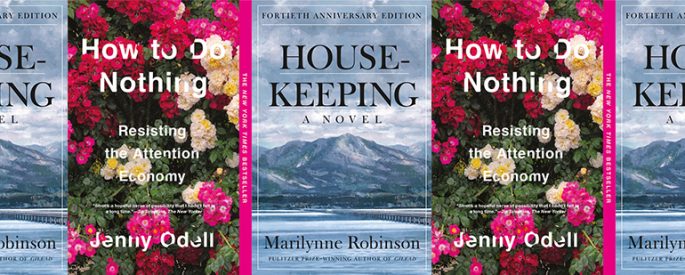
“Fourteen years ago I left my job at a publicly traded company and began life as a freelancer. In all these years I have been trying to get to what Jenny Odell calls the ‘third space,’ an arena of both participation in and resistance to society.”
How Can We Be Happy in a World Full of Suffering?
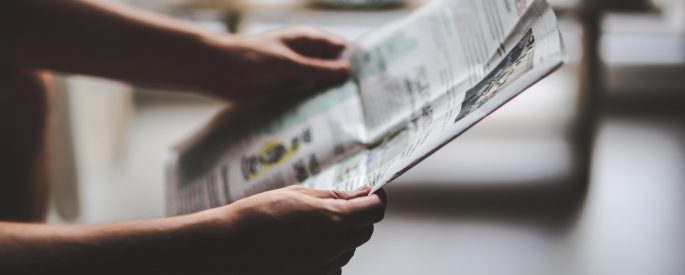
Olivia Laing, in her new novel, writes of a feeling that resonates: “She felt blank. She felt blank and mildly hysterical, she was itching to do something but it wasn’t clear what.”
The Impossible Citizen in Jill Magi’s SPEECH
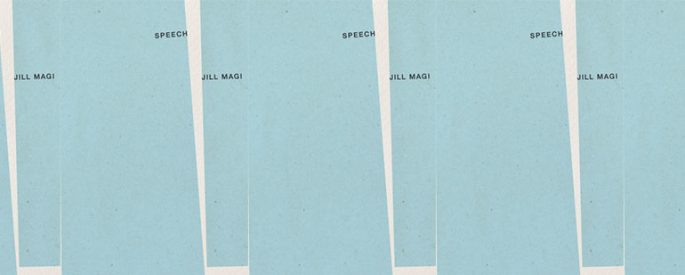
In Magi’s book-length poem, which revives a cosmopolitan way of being that has gone out favor, textures of physical borders are examined as speech while actual speeches are recovered from books and archives to reveal ways we might begin to comprehend the borders that entrap us.
The Maternal Gothic in The Push and Beloved
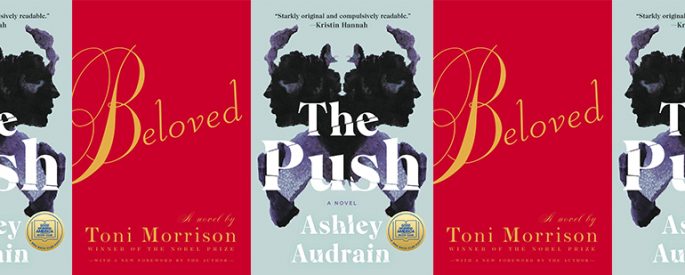
Ashley Audrain and Toni Morrison use the maternal gothic form, which dwells on the threats posed both to and by children and mothers, upending idyllic, peaceful visions of maternal life, to explore how mothers are devalued and isolated by white, patriarchal power structures.
The Flâneuse: Walking in London and Paris
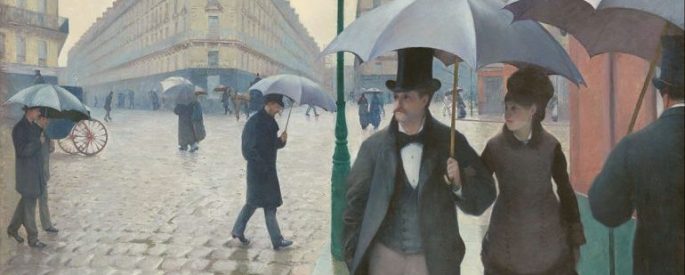
We speak of things like ships, cities, and even the earth itself as female, yet men are so often the ones confidently plodding through these spaces, conquering them as they would a female body.
Reading Black Marks on the White Page
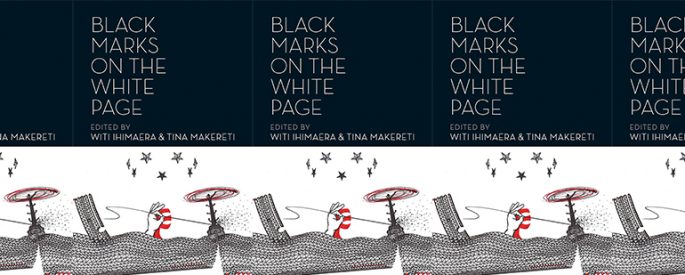
This Asian and Pacific Islander Heritage month, Julia Shiota turns to Witi Ihimaera and Tina Makereti’s 2017 anthology, which makes clear that those who identify as Pacific Islander come from a wide array of places and experiences.
The Re-Release of Jean Toomer’s Cane
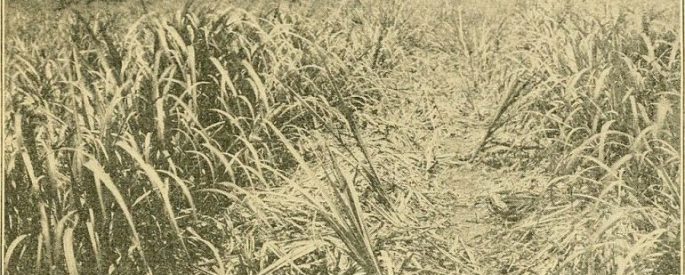
The image, from “Blood-Burning Moon,” of cane becoming only more pungent and pervasive after being burned (“the scent of cane came from the copper pan and drenched the forest and the hill that sloped to factory town”) is a fitting metaphor for Toomer’s legacy.
How Two Young Black Poets Are Making Sense of the World
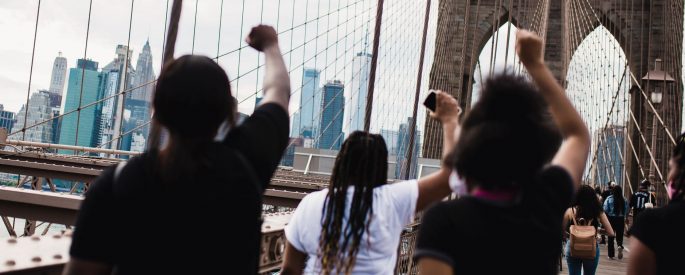
The art of literacy may not be aggressive, but as Madison Petaway and Akilah Toney, two poets included in a recent New York Times feature, show, it can be assertive, assured, and bold.
Qiu Miaojin’s Groundbreaking Notes of a Crocodile
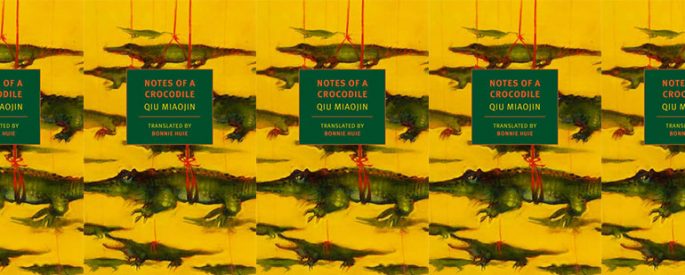
Qiu was daring enough to be the first to portray queer relationships in Asian literature, and her first novel has become something of a cult classic due to its transgressive nature. Its literary merit does not, however, merely rest on its ground-breaking laurels.
The Boat’s Interrogation of “Ethnic Literature”
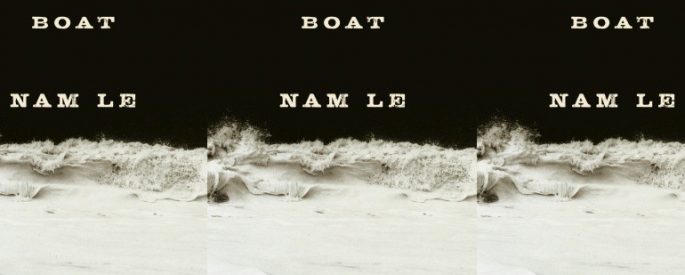
Questions about "ethnic literature," its place, and its limits permeate Nam Le’s 2008 short story collection. As he interrogates the term as a sweeping generalization for many kinds of writing, he also explores the conflict around what it means to be Vietnamese and a writer but not necessarily a